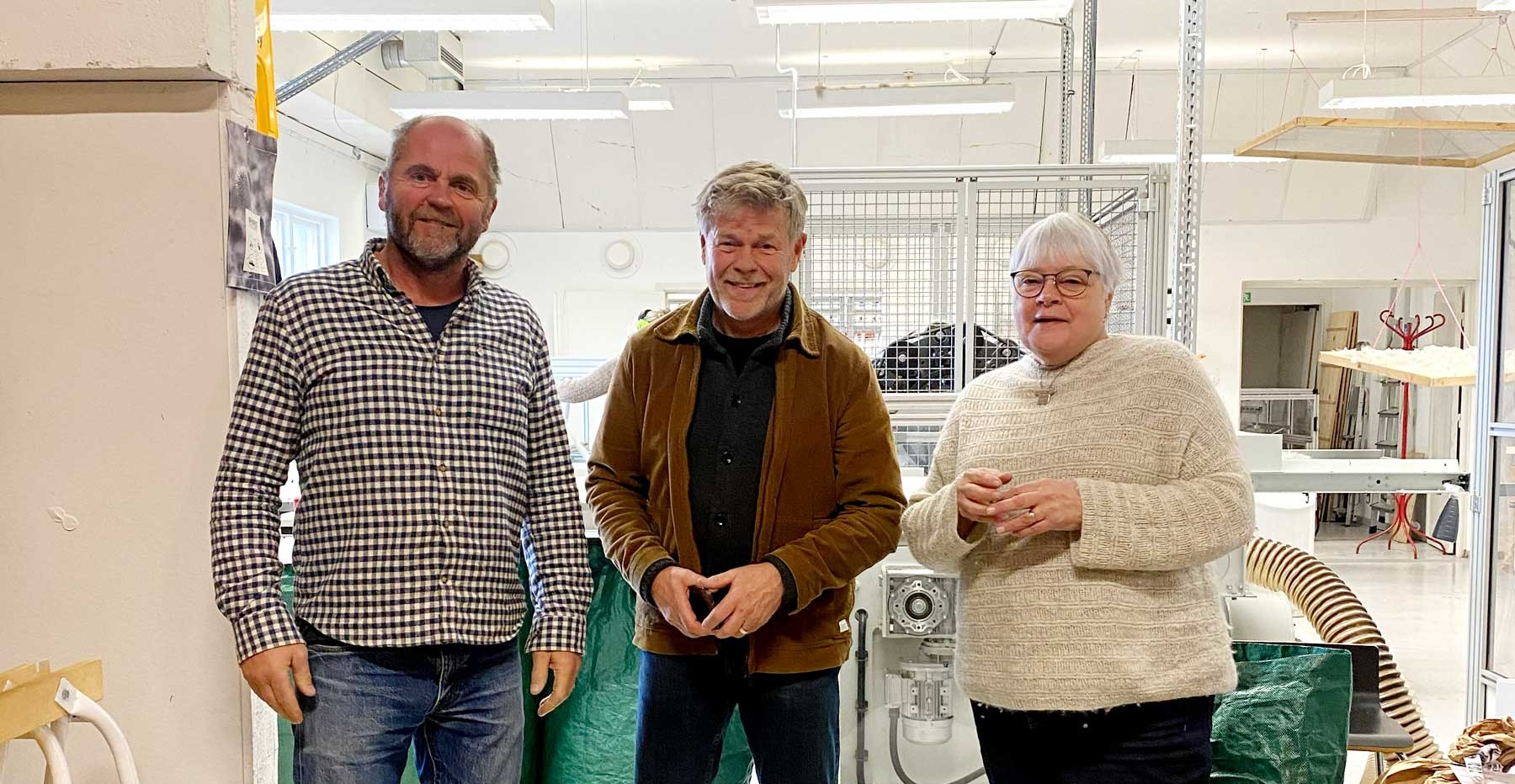
Lund Municipality, Kraftringen: Good results in Smart Cities Accelerator
Smart Cities Accelerator is a project that brings together several municipalities, power companies and academic institutions in the Öresund region to create a fossil-free future through new energy solutions. The results could, among other things, lead to a more energy-efficient district heating network, increased sustainability in neighborhoods and teaching materials that inspire school students to green solutions.
Smart Cities Accelerator (SCA) is a project where sustainable and smart municipalities in the Öresund region collaborate to create a fossil-free future both through smarter use of energy and through integrated data systems. The project includes twelve partners. Participates on the Swedish side City of Malmo, Lund Municipality, Båstad Municipality, Lund University, Malmö University, The power ring and E.ON Sweden.
SCA combines seven vertical focus areas in the energy sector with four cross-cutting horizontal areas — data, behaviours, law/law and education. The seven vertical areas are Energy Renovation Tools, Integration of Low Temperature District Heating in Cities, Energy Saving, Demonstration Projects, Intelligent Energy Optimization, Water-Energy Interaction and Climate-Friendly Energy Supply.
“The project is about learning to see the big picture and think horizontally in order to find sustainable solutions in many areas,” says Jon Andersson, Head of Sustainability, Lund Municipality.
The project was completed in February 2020 and for Lund the project has brought several good results. Part of this is that Kraftringen entered with a desire to create a more resource-efficient district heating network. Together with DTU and E.ON, Kraftringen has investigated whether it is possible to reduce the temperature in the district heating network without compromising the security of delivery to the end customer. It turned out that a few degrees lower temperature provides both increased durability and energy savings.
“We have evaluated a digital tool that enables improved control of the temperature in the district heating network. The tool takes into account, among other things, weather forecasts, current temperatures in the district heating network and how much heat is stored in the grid,” says Malin Friis, Strategic Key Account Manager at Kraftringen. By adjusting the district heating temperature according to current conditions, occasions of excess temperatures are avoided. The conclusion is that digitalization allows a reduced district heating temperature while increasing the security of supply as a result of improved network knowledge. It's amazing what new technology can contribute!
Lund Municipality has worked with City lab action which are Sweden Green building councils (SGBC) sustainability criteria and applied the ideas to a neighbourhood that is still in the planning phase.
“We carried out a sustainability assessment of the Västerbro project, which led to Technical University of Denmark (DTU) developed a methodology that shows how to evaluate these types of neighborhoods in a more general way,” says Jon Andersson.
The idea is that the tool could be used for other areas, both entire neighborhoods and smaller parts of a city. The result was also a deeper understanding of the sustainability work at Västerbro.
“Västerbro is still in a planning stage and we can benefit from the valuation and strengthen the areas where it turns out that we are lower. The tool shows that Lund Municipality's work with Västerbro is strongest in areas such as mobility, social sustainability and housing provision, while we can develop our work on climate issues, the cultural historical environment and business opportunities,” says Jon Andersson.
The project also focuses on education and includes students in new, green solutions because students are the energy users of the future. A number of educational energy experiments have been developed by DTU and Vattenhallen and the experiments have been tested in different contexts.
In collaboration with DTU, Lundafasteet has tested sensors for indoor climate measurements in schools. The sensors were used to improve the indoor environment but can also create an engagement with teachers and students. The measurements can be used as a basis for future energy efficiency and digitalisation projects.
What has it meant to you to be part of SCA?
“For Kraftringen, the project has brought about a smarter district heating network that better takes into account the conditions in the grid,” says Malin Friis. The technology has reduced our distribution losses to customers by the equivalent of 1.2 GWh/year with 9.6 tonnes of reduced climate impact in the form of CO2 equivalents as a result. It is also easy to replicate for other energy companies, both in Sweden and in other countries. We think we've come up with something really good and hope it gets others to do the same.
“We have learned things about digitalization that we can use when working with our own properties,” says Jon Andersson. Through our work with Västerbro, we have learned how to use an evaluation already at an early planning stage. In addition, we at Lund Municipality have become better at collaborating — both within Lund with Lund University and Kraftringen, but also got to know what competencies are close to us in Copenhagen and at DTU.
Smart City Accelerator (SCA)
Project Time: 2016-2020.
Partnerschappen: Five municipalities participate in SCA - Copenhagen, Høj Taastrup, Båstad, Lund and Malmö; four institutions - the University of Copenhagen, Lund University, Malmö University and the Technical University of Denmark, as well as the energy companies Kraftringen, E.ON and Høj Taastrup's district heating plants.
Financier: The project is financed by the European Regional Development Fund through Interreg Öresund-Kattegat-Skagerrak.




